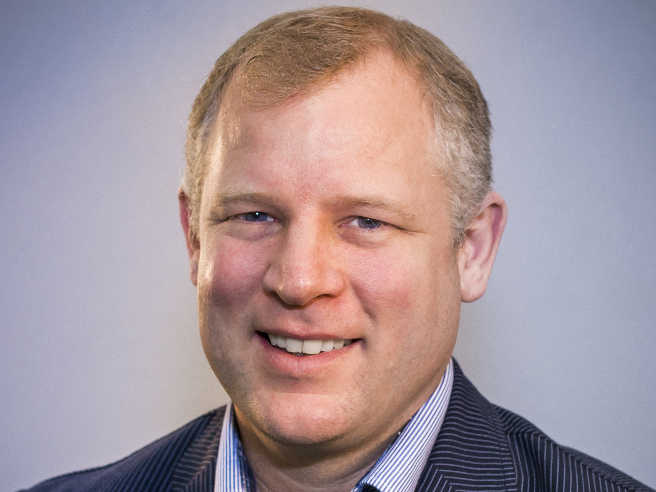
Executive Director
Canadian Seed Institute
At the Canadian Seed Institute, we’ve always prided ourselves on our ability to branch out and seize new opportunities.
This year, we did that with some major new initiatives that made headlines and will continue to do so as we move into 2018.
The federal government’s Recognition of Export Grain Analysis by Authorized Laboratories (REGAL) program will provide Canadian exporters the option of having their grain shipments to certain countries tested for phytosanitary purposes by authorized private laboratories. This will provide the industry with more choices and timely service so they can access and serve international markets.
Where does CSI fit in? We’re finalizing an accreditation agreement with the Canadian Food Inspection Agency (CFIA) to provide oversight of the seed labs that will be under contract with CFIA. CFIA is beginning to contract with labs this fall to do phytosanitary tests on grain samples for exports to India, China and Mexico. CFIA-accredited seed labs will benefit from this cost-effective and efficient oversight solution that has been purposely aligned with the oversight of their seed lab accreditation.
Strong oversight mechanisms will provide assurance to importing countries that Canada remains committed to the highest standards for grain exports. Approximately $5.1 billion of grain was shipped to India and China in 2016.
We’re also working on farm sustainability initiatives. The Sustainable Agriculture Initiative (SAI) Platform is the primary global food and drink value chain initiative for sustainable agriculture. SAI’s Farm Sustainability Assessments (FSAs) are used by leading food and drink companies to source sustainably produced agricultural raw materials.
CSI is working with Ontario grain industry stakeholders and collaborating with the Grain Farmers of Ontario on third-party verification audits using the FSA tool. The program could prove to be relevant for Canadian producers since is uses a practical approach to assessing sustainability at the farm production level.
The assessment tool can be used by farmers to do self-assessments to measure their compliance with sustainability requirements, and if they want to make a claim based on the sustainability requirements, they can use third-party verification audits to monitor their self-assessments. Once verified, producers can then make claims on some or all of the farm products they produce.
Taking part in these initiatives is nothing new for CSI. Using the skill sets of staff and auditors developed over the past 20 years, CSI is able to seize opportunities in new and emerging areas of the agricultural sector to help open doors for our clients.
Another new opportunity that CSI has seized is the chance to collaborate with our seed industry partners in the Seed Synergy project. Participating in Seed Synergy has encouraged CSI to explore new, more efficient ways we can serve the industry. We look forward to a new year of building on the success we saw with the Seed Synergy Collaboration project. We’ve always worked closely together with our other seed industry associations. Due to the nature of our work, CSI does not play an advocacy role, so it’s important for us to stay close with the other stakeholders in our sector to share our issues and concerns.
That said, it’s been fantastic to build a much stronger relationship with our partners in the Seed Synergy collaboration. We can’t wait to see what 2018 brings.
Stay tuned!












